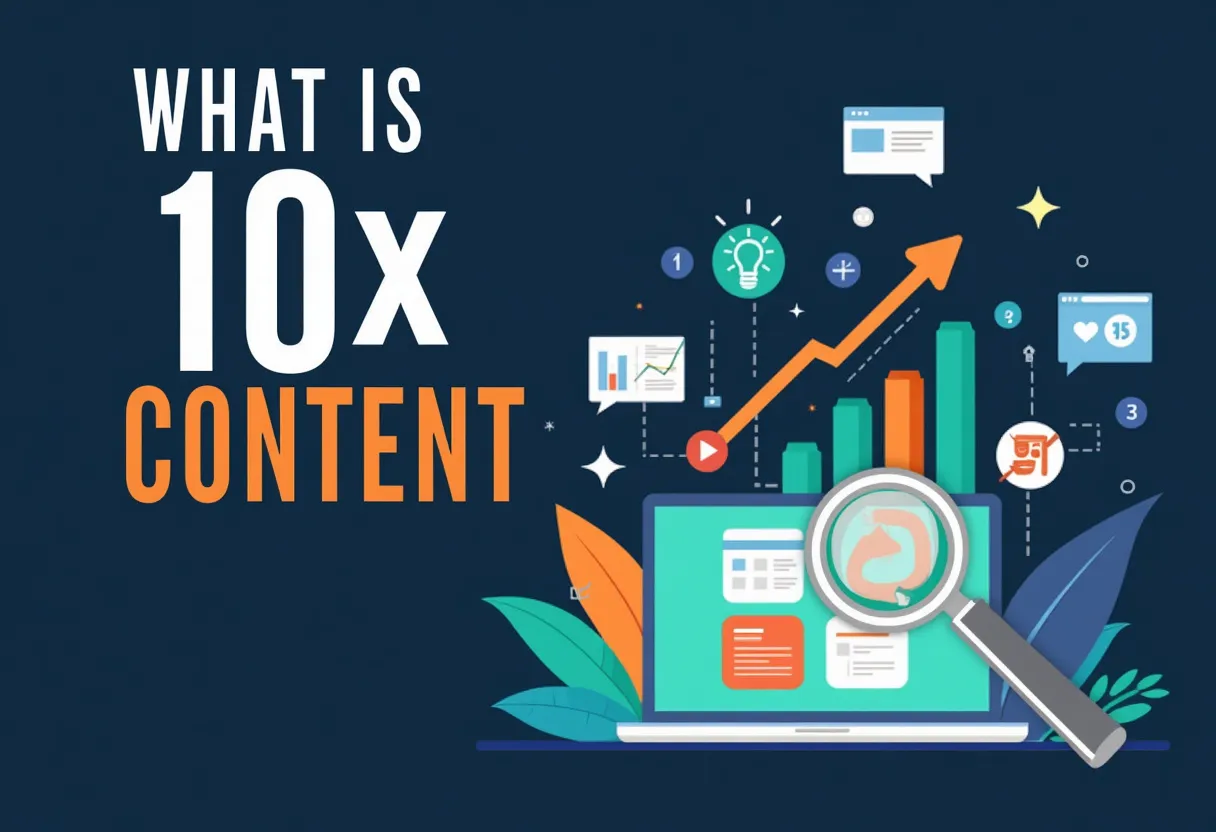Definition
Digital PR for SEO is a marketing strategy that combines public relations techniques with search engine optimization (SEO) to enhance a brand’s online presence, build reputation, and improve search rankings. It involves creating and promoting content to gain high-quality backlinks, increase brand awareness, and engage the target audience. Unlike traditional link building, digital PR focuses on building a brand’s reputation and authority both for users and search engines.
How It Works
Integration with SEO
Digital PR for SEO integrates traditional PR strategies with SEO goals. It involves creating content that is relevant, engaging, and useful, and then pitching this content to journalists, bloggers, and influencers to secure media coverage and backlinks. This approach helps in building website authority and attracting organic traffic.
Content Creation and Promotion
Data-Driven Storylines
Creating unique studies, research, or data-driven stories that journalists and publishers can use to create compelling content. This involves performing media trend analyses to identify potential research topics.
Targeted Outreach
Reaching out to relevant online publications, journalists, bloggers, and influencers with content that aligns with their audience’s interests. This helps in generating coverage and backlinks from high-authority sites.
Building Reputation
Reputation Management
Digital PR focuses on building and managing the online reputation of a company, its products/services, and the individuals behind them. This includes creating a positive brand image and engaging with the target audience across various online channels.
Audience Engagement
Audience Relevance
Digital PR targets a specific audience, creating content that resonates with them and builds trust, authority, and brand awareness. This involves understanding buyer personas and creating targeted content that meets user intent.
Why It Matters
Improved Search Rankings
Digital PR helps in improving search rankings by securing high-quality backlinks from authoritative sites, which are seen as votes of confidence by search engines like Google. These backlinks enhance the website’s authority and visibility on search engine results pages (SERPs).
Enhanced Brand Awareness
By increasing media coverage and brand mentions, digital PR boosts brand awareness and credibility. This leads to higher branded search volumes and increased trust among potential customers.
User Experience and Trust
A strong online reputation built through digital PR improves user trust and engagement. When users perceive a brand as credible and trustworthy, they are more likely to visit the website, engage with the content, and make purchases.
Alignment with Google’s Algorithms
Digital PR aligns with Google’s sophisticated algorithms that evaluate a brand’s reputation and authority. By focusing on reputation and audience engagement, digital PR strategies meet the signals Google looks for to improve rankings.
Best Practices
Content Quality and Relevance
Create high-quality, unique, and relevant content that meets the needs of both the target audience and journalists. This content should be data-driven, engaging, and useful.
Targeted Outreach
Identify and outreach to relevant publications, journalists, and influencers who can help in spreading the brand’s message and securing backlinks. Use media trend analyses to find the right topics and audiences.
Buyer Personas
Develop detailed buyer personas to understand the target audience’s needs, interests, and pain points. This helps in creating targeted content that resonates with the audience and aligns with SEO goals.
Technical Optimization
Ensure that the website is technically sound, with good page speed, optimized images, and a strong internal linking structure. This complements the digital PR efforts by providing a positive user experience and supporting SEO goals.
Measurement and Analysis
Use metrics such as backlink quality, media coverage, brand mentions, and organic traffic to measure the success of digital PR campaigns. Analyze these metrics to refine and optimize future strategies.
Integration with SEO Teams
Collaborate closely with SEO teams to ensure that digital PR strategies are aligned with broader SEO goals. This includes incorporating relevant keywords, optimizing content for user intent, and leveraging keyword research to enhance SEO outcomes.
Utilizing Digital PR for SEO helps in acquiring high-quality backlinks through strategies like Brand Mentions as a Ranking Signal, Competitor Keyword Analysis, Competitor Backlink Replication, Content Promotion Framework, Backlink Building, Influencer Outreach for Backlinks, Guest Blogging, Editorial Link, and Google Alerts. These efforts collectively contribute to building a robust online presence and improving search engine rankings.
Conclusion
Digital PR for SEO is a powerful strategy that combines the best of public relations and search engine optimization to enhance a brand’s online presence, build reputation, and improve search rankings. By focusing on creating high-quality content, targeting specific audiences, managing online reputation, and integrating closely with SEO teams, businesses can achieve substantial growth in organic traffic and brand awareness. Implementing these best practices ensures not only improved visibility on search engines but also lasting trust and credibility with the target audience.



